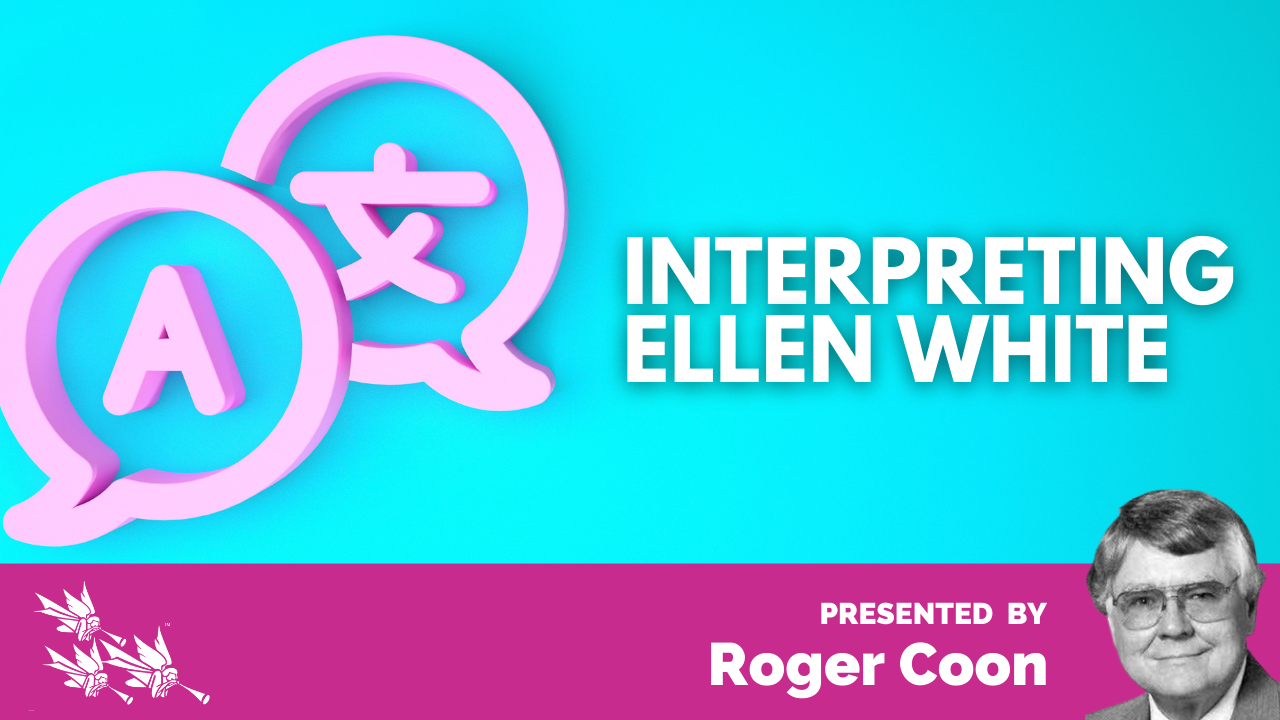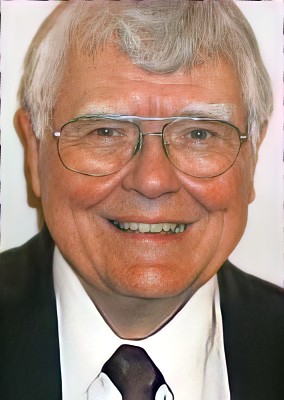1. What Does the Prophet Mean by What the Prophet Says?–An introduction to the importance and place of hermeneutics.
Hermeneutics is the theological term applied to the study of the science and art of deriving meaning, and three helpful rules will be examined. But do we really need rules? Why cannot we simply take what the prophet says at face value–in plain English? Isn’t there a danger here in watering-down the prophet’s message in any such attempt to interpret it? This series will follow a case-study approach.
2. RULE NO. 1: Take All That the Prophet Says on the Subject–Drawing Your “Bottom-Line” conclusion.
Is there potentially a very real danger in one’s going off on a tangent–and thereby, totally missing the message that the prophet intended to cover–by simply taking merely one or two of a prophet’s statements, and failing to do full research on the totality of the writings upon the subject under investigation?
3. RULE NO. 2: Study the Context, Internet and External–Look for Important Clues to Meaning
Ellen White said that in interpreting her writings the categories of both “time” and “place” must be considered before final conclusions are drawn. Haw can it be possible for something to be true at one time and not at another? Or how can something be true in one place, and yet not true in another place–on the very same day?
4. RULE NO. 3: Is the Prophet’s Counsel A Principle or a Policy?
Every time a prophet gives counsel he/she is either enunciating a “principle” (a timeless, changeless rule of human conduct) or applying that principle in a “policy” statement. Principles never change, but policies do change, as the contemporary circumstances that call them forth may change. But that policy will still be grounded upon a principle; and that principle must be determined before one’s research is concluded.
5. Questions and Answers
DOWNLOAD SET OF 5

